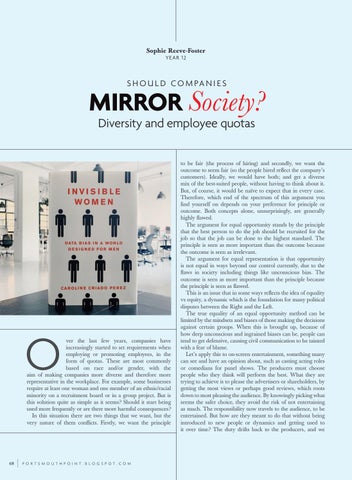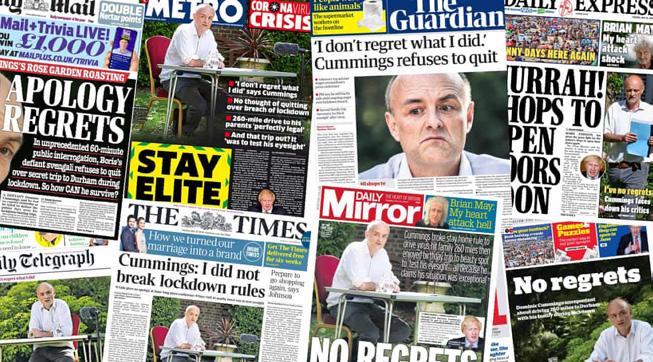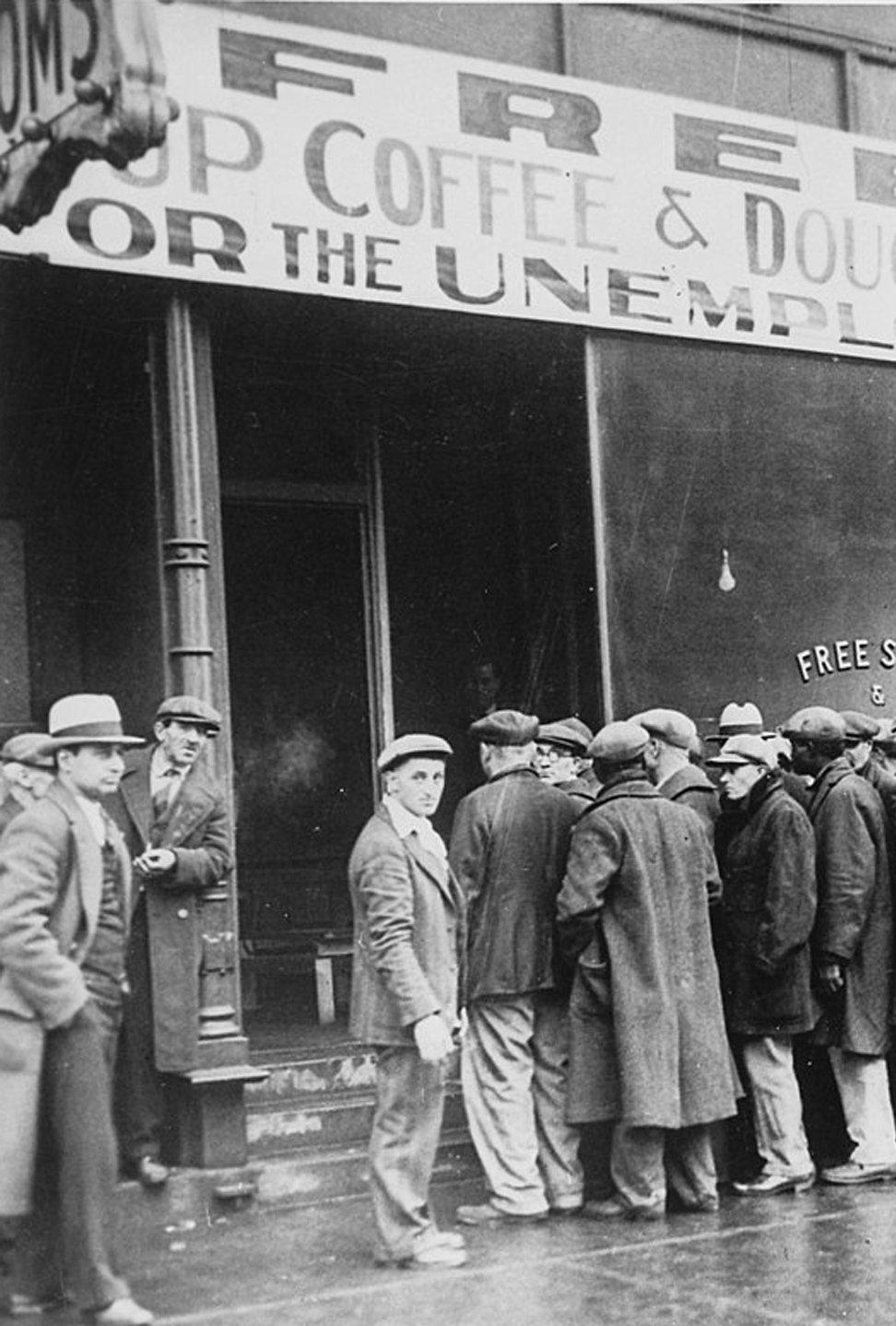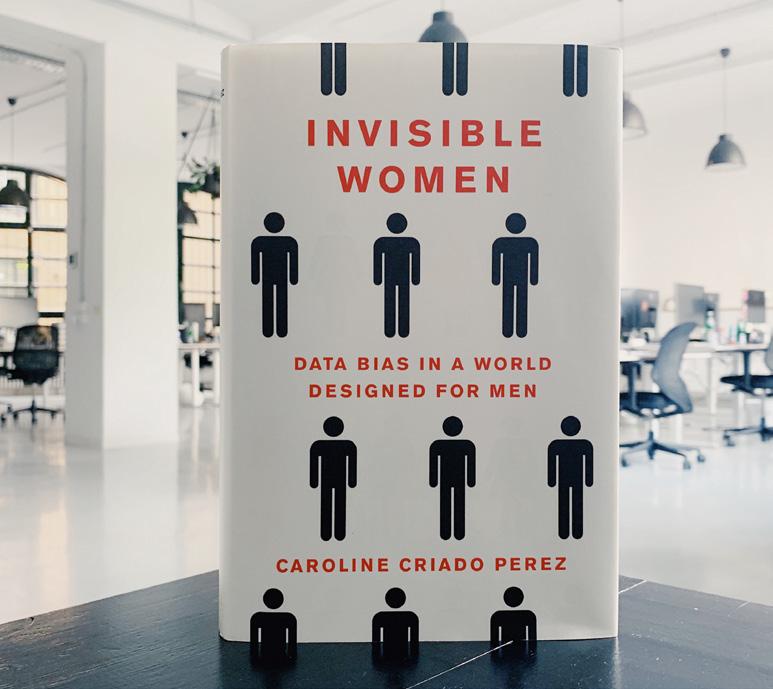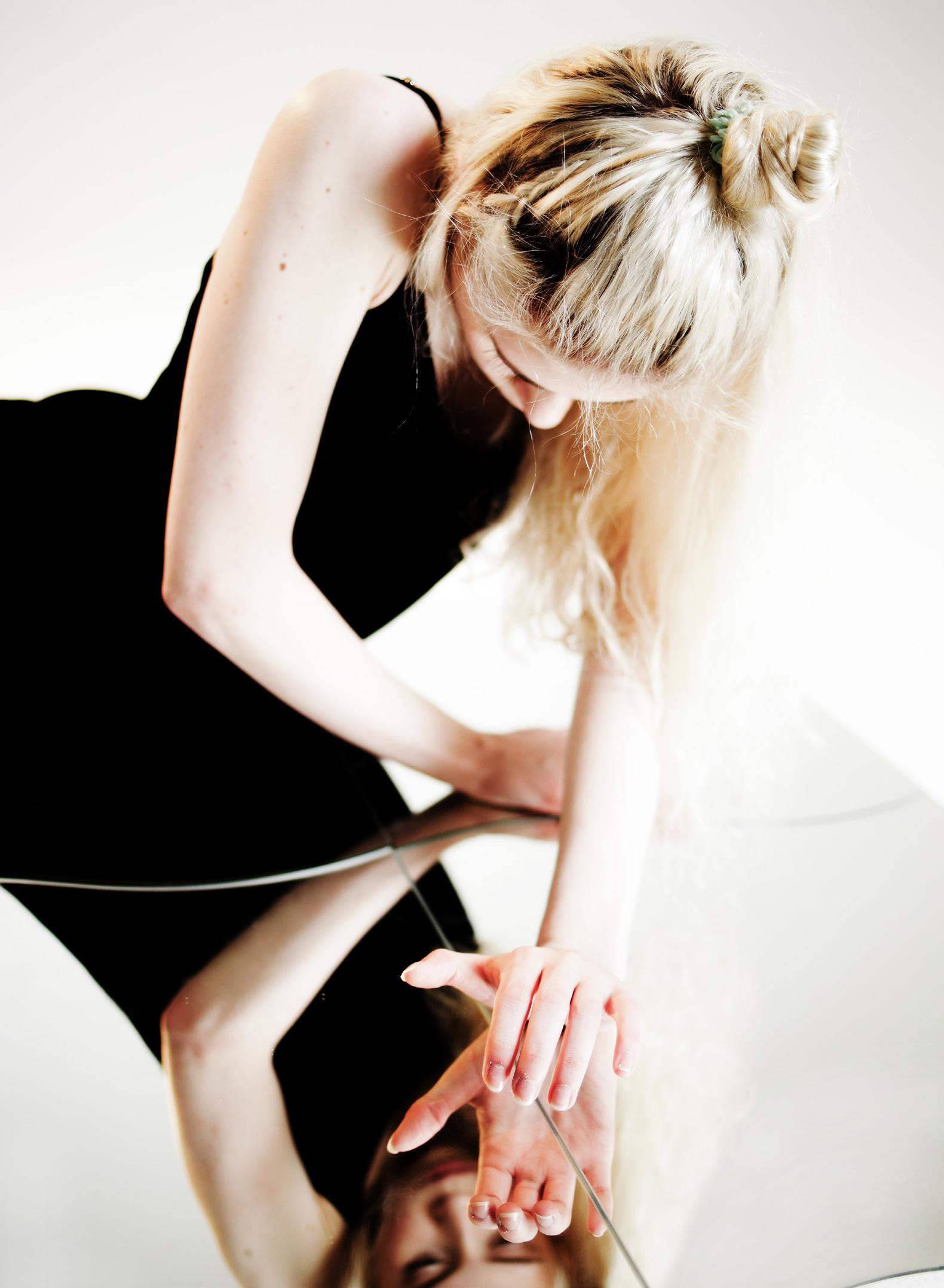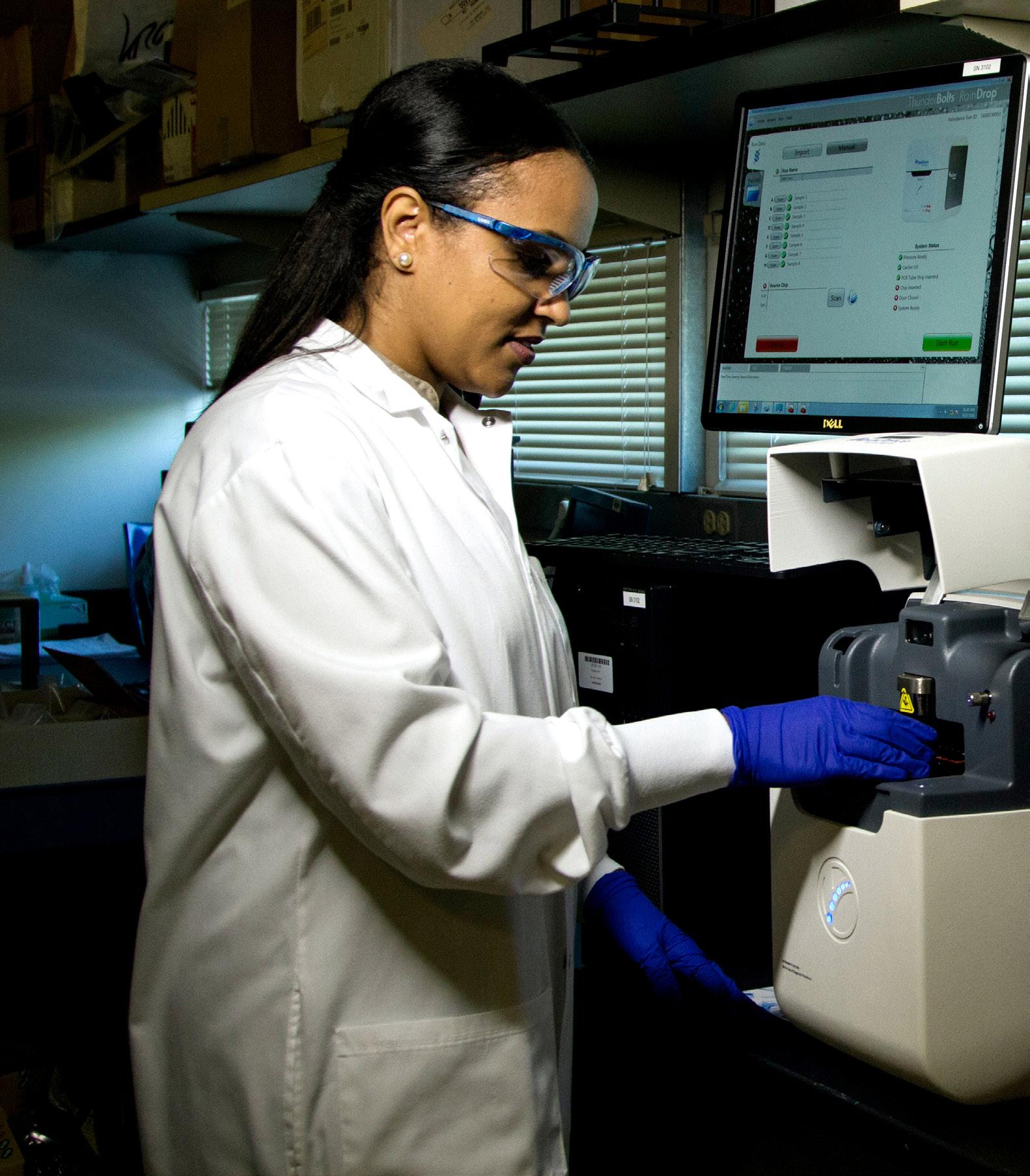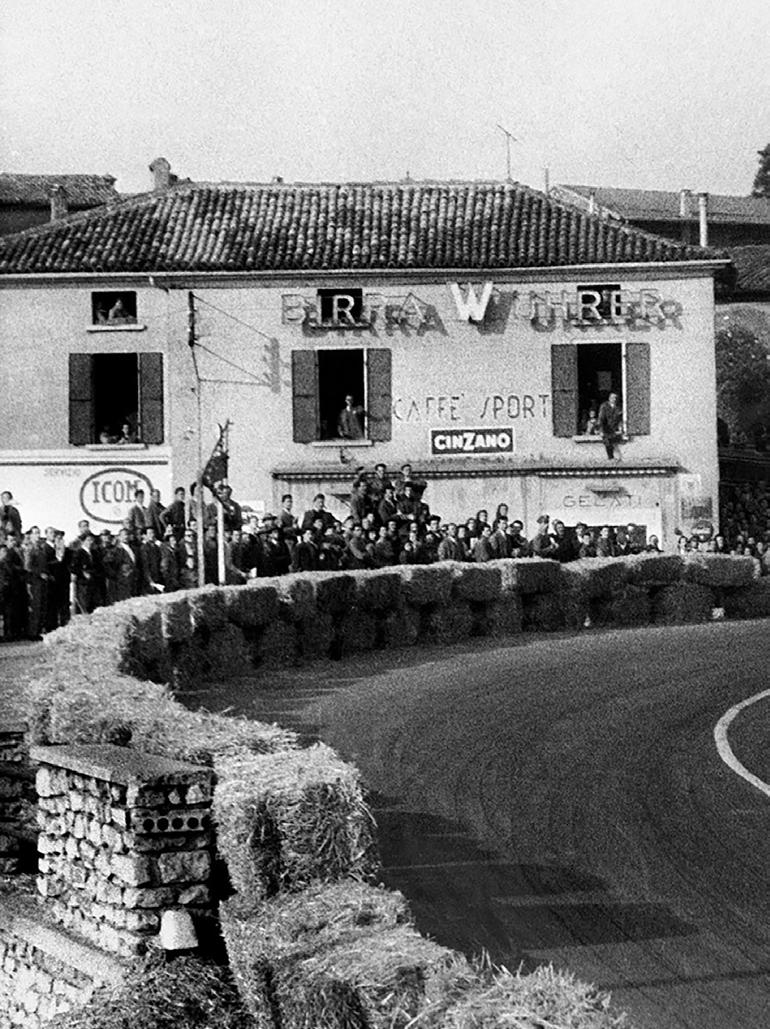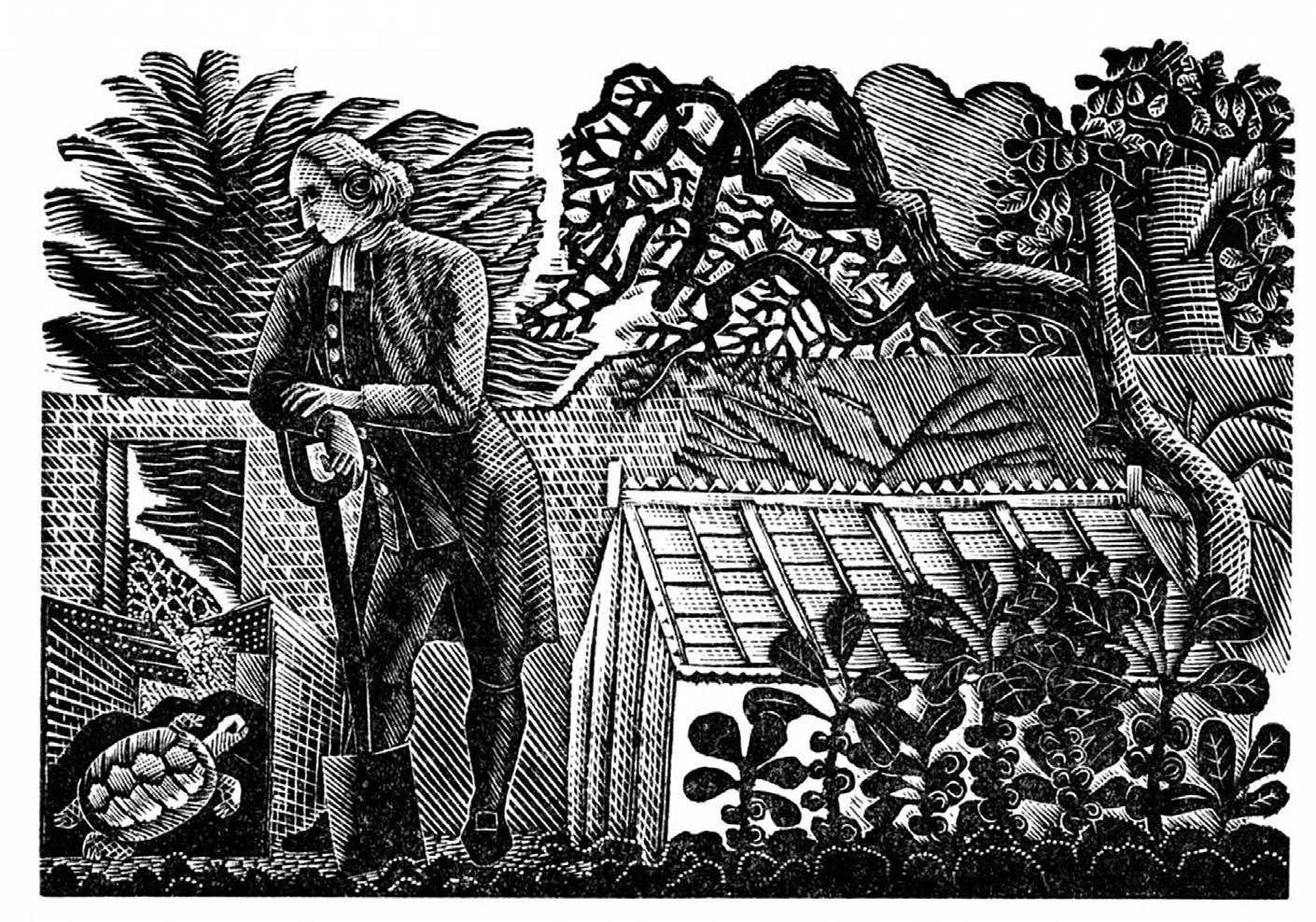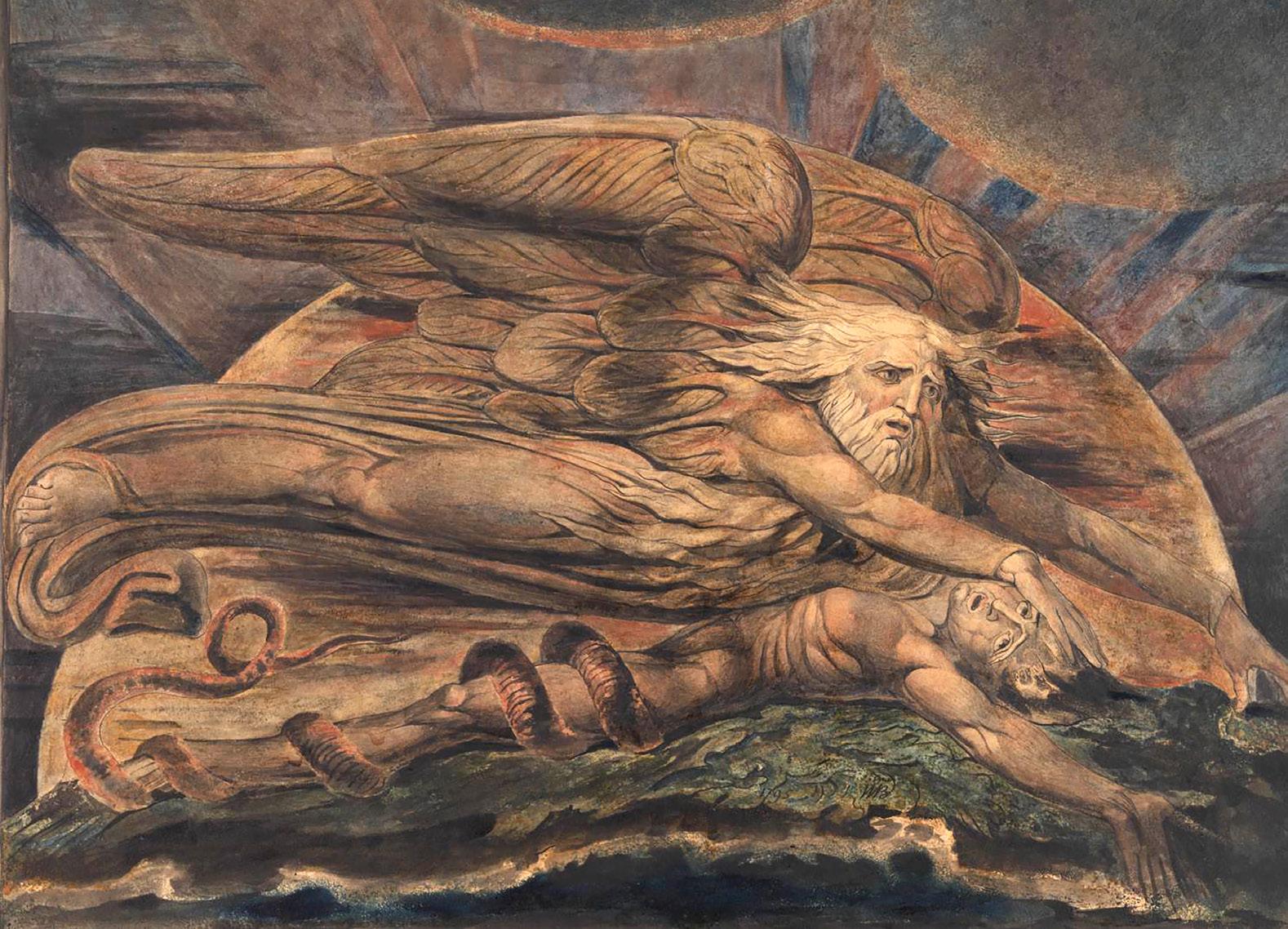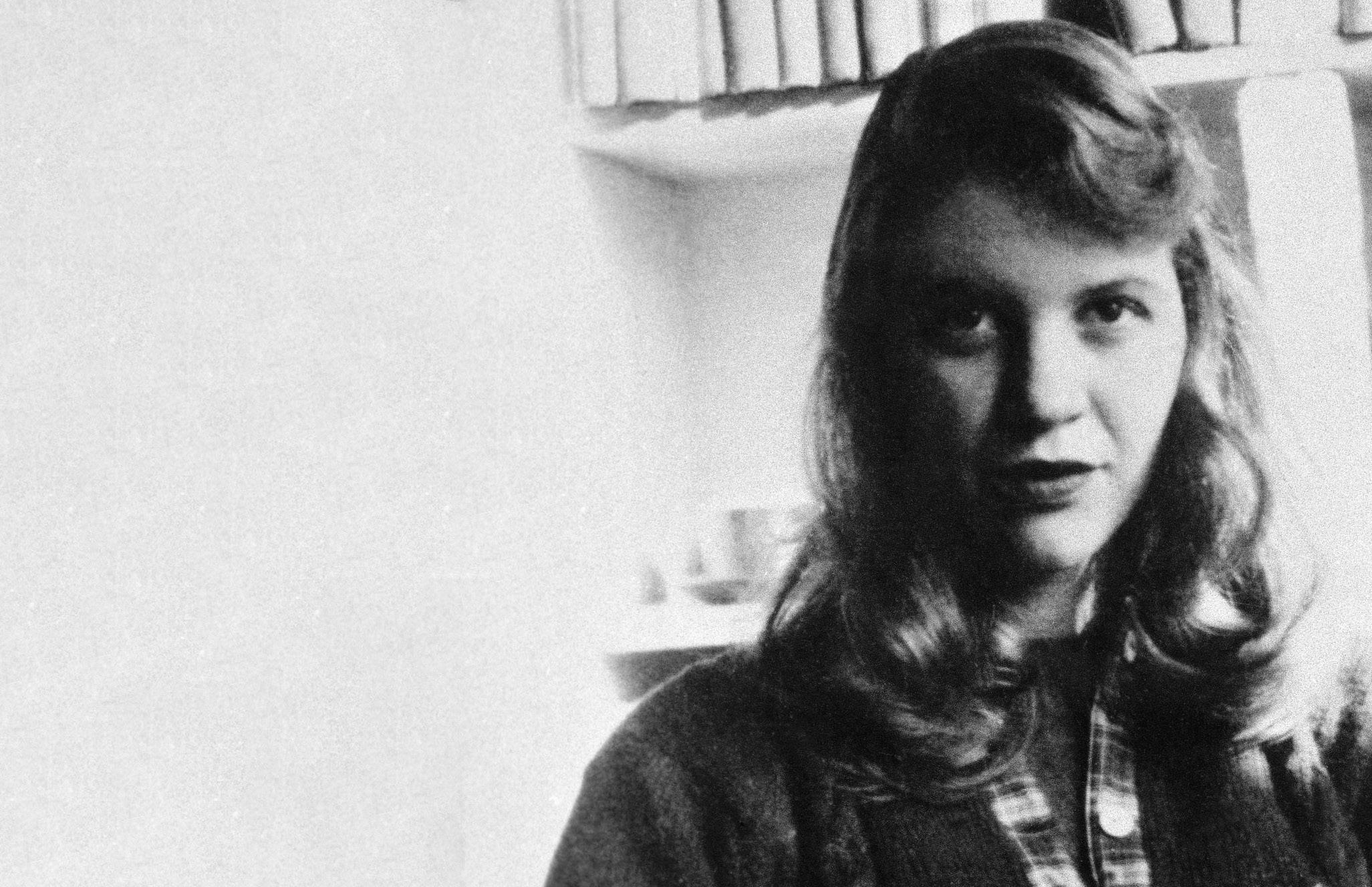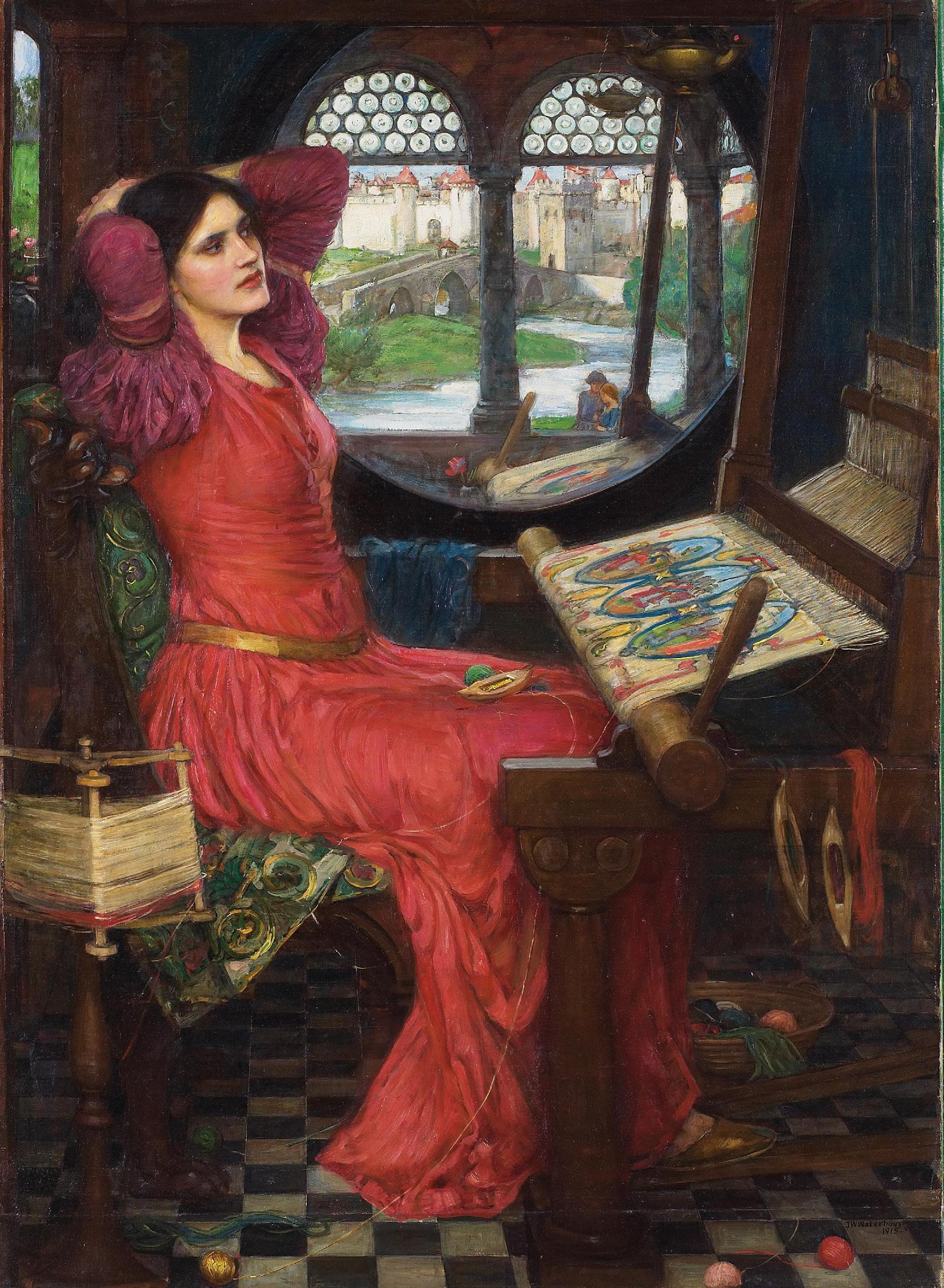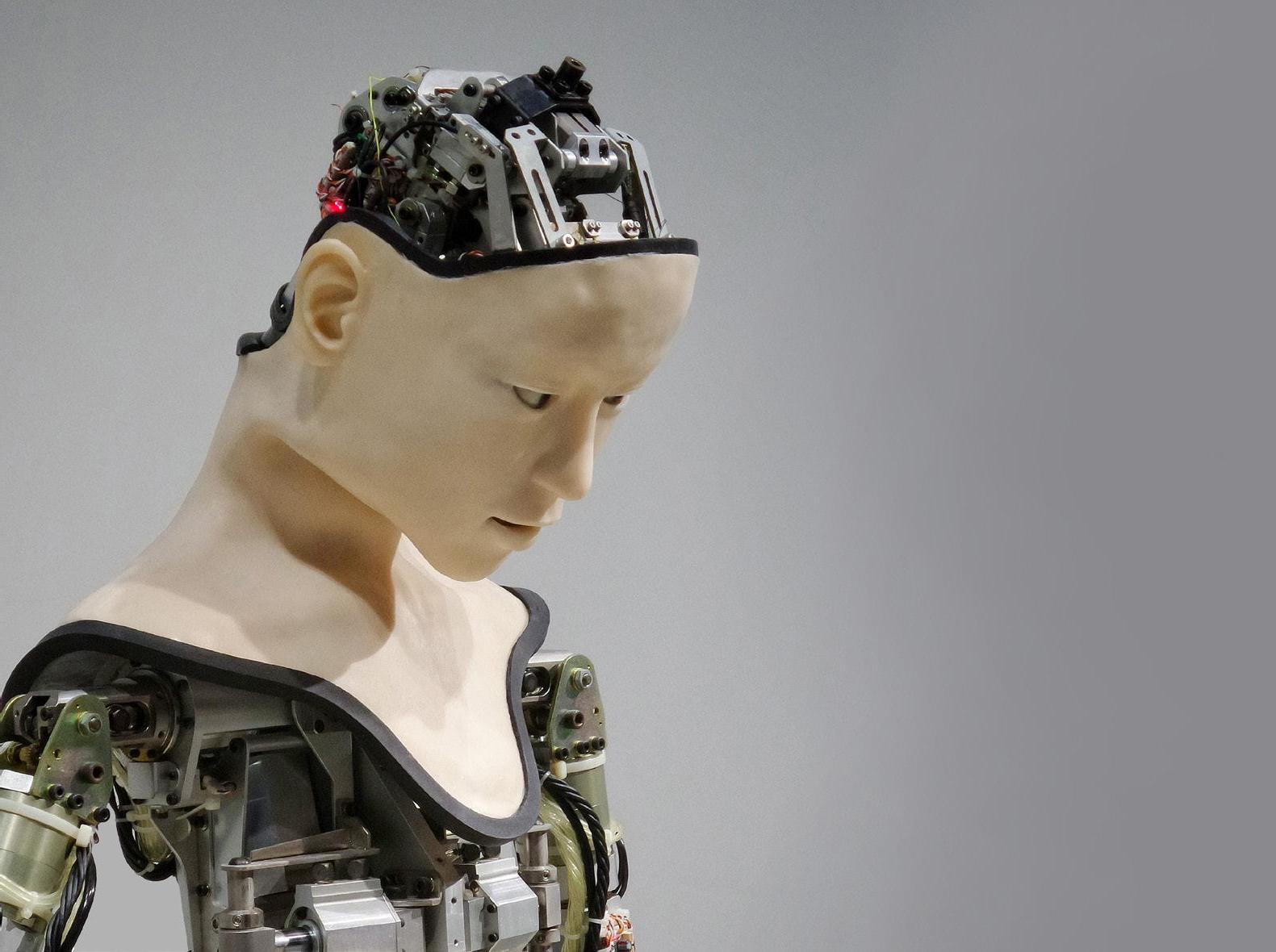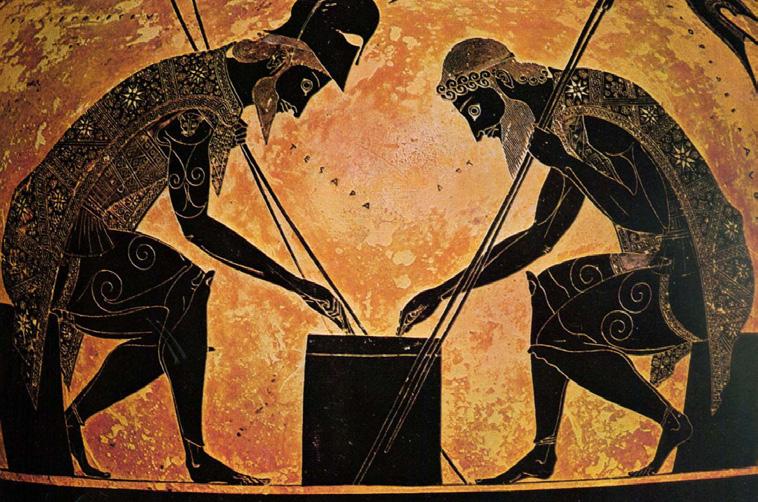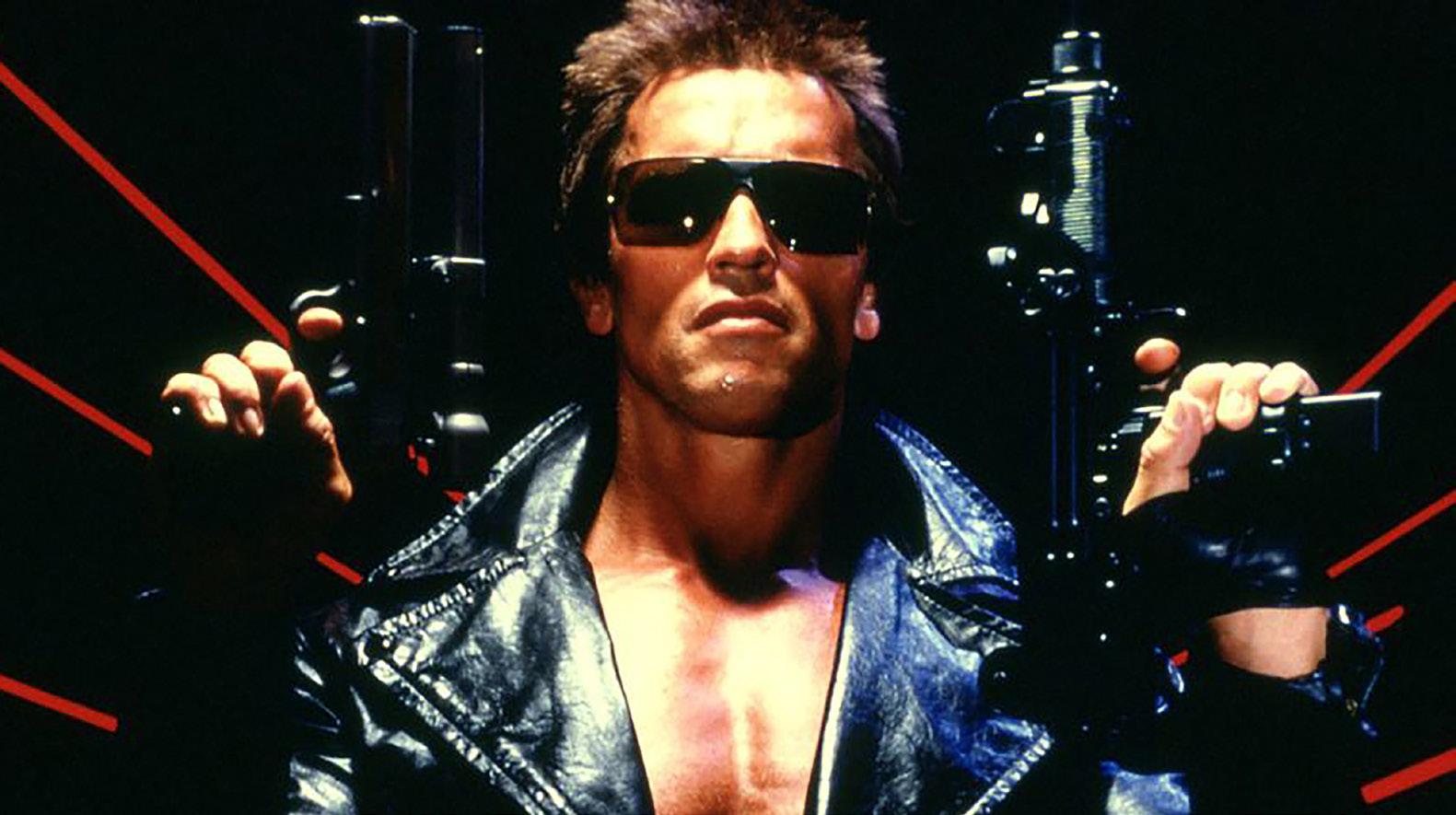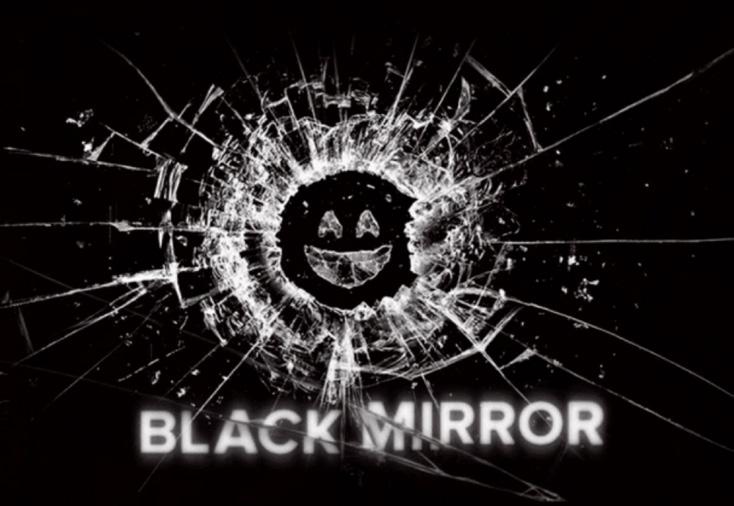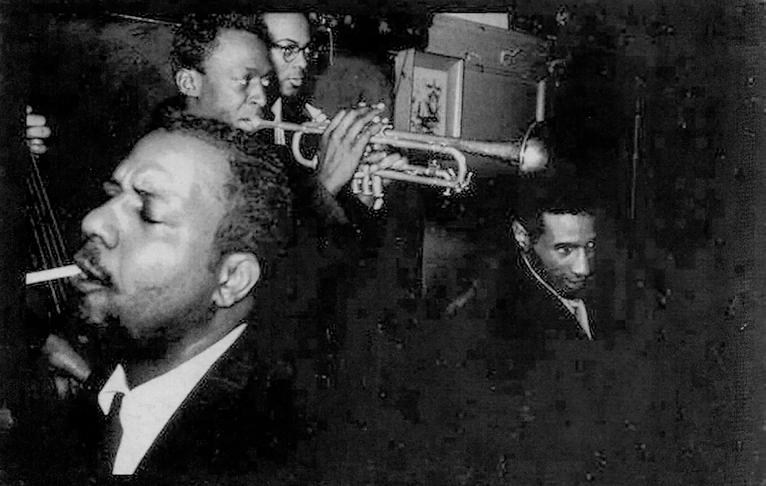Sophie Reeve-Foster YE AR 12
S H O U L D C O M PA N I E S
MIRROR Society? Diversity and employee quotas
O
ver the last few years, companies have increasingly started to set requirements when employing or promoting employees, in the form of quotas. These are most commonly based on race and/or gender, with the aim of making companies more diverse and therefore more representative in the workplace. For example, some businesses require at least one woman and one member of an ethnic/racial minority on a recruitment board or in a group project. But is this solution quite as simple as it seems? Should it start being used more frequently or are there more harmful consequences? In this situation there are two things that we want, but the very nature of them conflicts. Firstly, we want the principle
68
P O RT S M O U T H P O I N T. B LO G S P OT.CO M
to be fair (the process of hiring) and secondly, we want the outcome to seem fair (so the people hired reflect the company’s customers). Ideally, we would have both; and get a diverse mix of the best-suited people, without having to think about it. But, of course, it would be naïve to expect that in every case. Therefore, which end of the spectrum of this argument you find yourself on depends on your preference for principle or outcome. Both concepts alone, unsurprisingly, are generally highly flawed. The argument for equal opportunity stands by the principle that the best person to do the job should be recruited for the job so that the job can be done to the highest standard. The principle is seen as more important than the outcome because the outcome is seen as irrelevant. The argument for equal representation is that opportunity is not equal in ways beyond our control currently, due to the flaws in society including things like unconscious bias. The outcome is seen as more important than the principle because the principle is seen as flawed. This is an issue that in some ways reflects the idea of equality vs equity, a dynamic which is the foundation for many political disputes between the Right and the Left. The true equality of an equal opportunity method can be limited by the mindsets and biases of those making the decisions against certain groups. When this is brought up, because of how deep unconscious and ingrained biases can be, people can tend to get defensive, causing civil communication to be tainted with a fear of blame. Let’s apply this to on-screen entertainment, something many can see and have an opinion about, such as casting acting roles or comedians for panel shows. The producers must choose people who they think will perform the best. What they are trying to achieve is to please the advertisers or shareholders, by getting the most views or perhaps good reviews, which roots down to most pleasing the audience. By knowingly picking what seems the safer choice, they avoid the risk of not entertaining as much. The responsibility now travels to the audience, to be entertained. But how are they meant to do that without being introduced to new people or dynamics and getting used to it over time? The duty drifts back to the producers, and we
